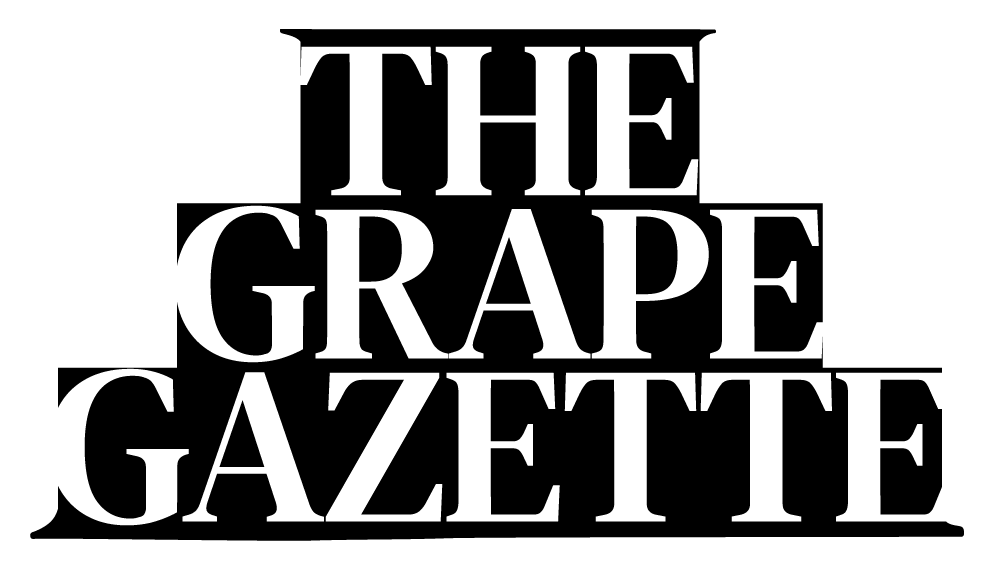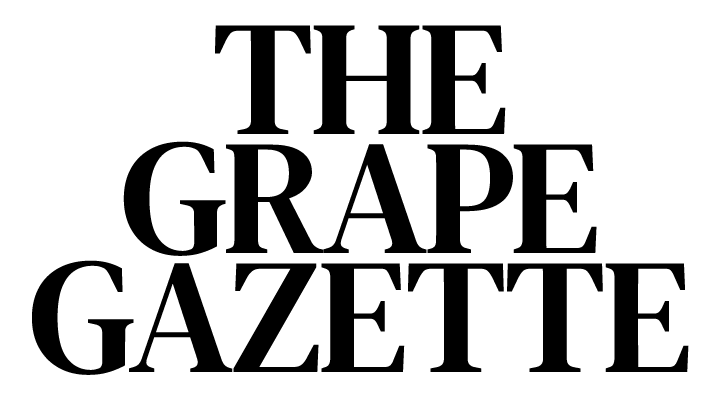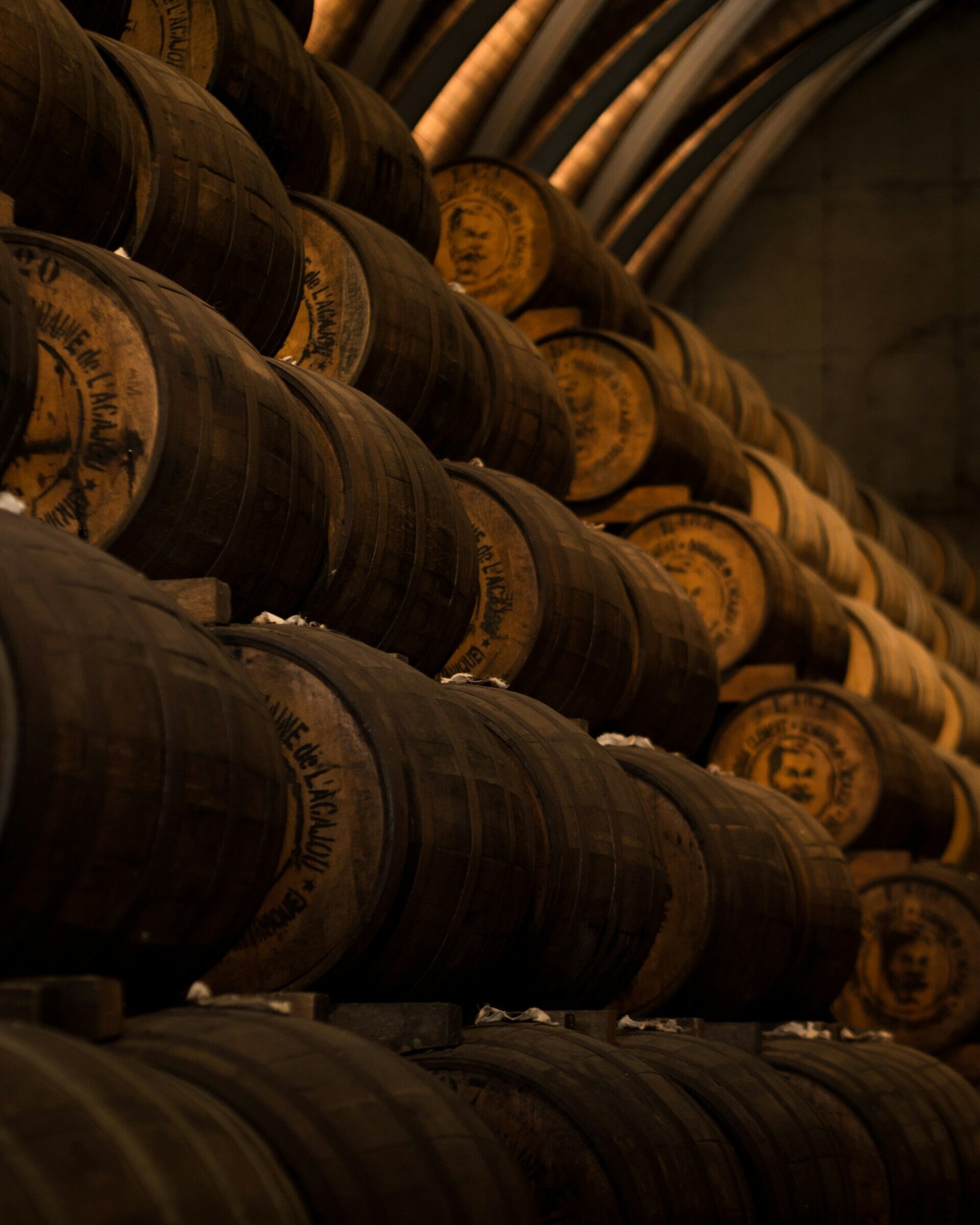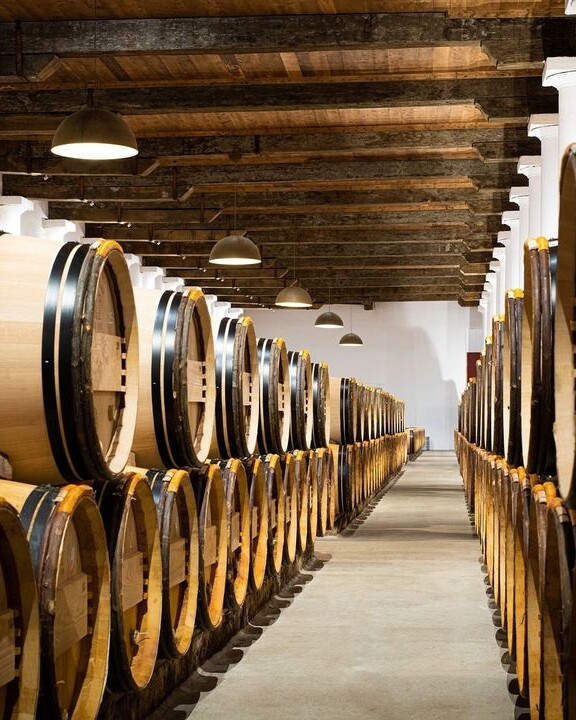Wine is more than just a delightful beverage to enjoy with friends and family; it can also be a smart investment. Over the past few decades, wine has emerged as a viable asset class, attracting investors seeking diversification and potential financial returns. However, like any investment, wine comes with its own set of risks and rewards. In this blog, we’ll explore the potential benefits and risks of investing in wine, and provide some practical tips for building a wine collection for investment purposes.
The Potential Benefits of Investing in Wine
- Appreciation in Value: One of the primary benefits of investing in wine is the potential for appreciation in value over time. Fine wines, particularly those from renowned regions and vintages, can increase in value significantly as they age. This is due to the limited supply of high-quality wines and the growing demand from collectors and enthusiasts around the world.
- Diversification: Investing in wine can provide diversification to a traditional investment portfolio. Wine is considered a tangible asset, meaning it can offer a hedge against inflation and market volatility. This can help balance the risks associated with stocks, bonds, and other financial instruments.
- Tax Advantages: In some countries, wine investments can offer tax advantages. For example, in the UK, wine is considered a “wasting asset” and is generally exempt from capital gains tax. It’s important to consult with a financial advisor or tax professional to understand the specific tax implications in your region.
- Personal Enjoyment: Unlike many other investments, wine can be enjoyed personally. If your investment doesn’t appreciate as expected, you still have the option to enjoy a fine bottle of wine. This dual benefit of financial potential and personal pleasure makes wine a unique and appealing investment.
The Risks of Investing in Wine
- Market Volatility: Like any investment, the value of wine can fluctuate based on market conditions. Factors such as economic downturns, changes in consumer preferences, and shifts in global demand can impact the value of wine investments.
- Storage and Preservation: Proper storage is crucial for maintaining the quality and value of wine. Wine must be stored in optimal conditions, including the right temperature, humidity, and light exposure. This can require a significant investment in a wine cellar or professional storage facility.
- Fraud and Counterfeiting: The wine market is not immune to fraud and counterfeiting. Investors must be diligent in verifying the authenticity of their wine purchases and work with reputable dealers and auction houses to mitigate the risk of buying counterfeit bottles.
- Liquidity: Wine is not as liquid as other financial assets. It can take time to find a buyer and complete a sale, particularly for high-value or rare bottles. Investors should be prepared for the possibility of holding their wine investments for an extended period.
Tips for Building a Wine Collection for Investment
- Research and Education: Before diving into wine investments, take the time to educate yourself about the wine market. Learn about different wine regions, grape varieties, vintages, and producers. Understanding the factors that influence wine quality and value will help you make informed investment decisions.
- Focus on Quality: Invest in high-quality wines from reputable producers and regions. Bordeaux, Burgundy, and Napa Valley are known for producing some of the most valuable and sought-after wines in the world. Look for wines with a proven track record of appreciation and demand.
- Buy from Reputable Sources: Purchase wine from reputable dealers, auction houses, and wineries. Ensure that the provenance and storage conditions of the wine are well-documented. Working with trusted sources can help mitigate the risk of fraud and ensure the authenticity of your investment.
- Diversify Your Collection: Just like with any investment portfolio, diversification is key. Build a collection that includes wines from different regions, producers, and vintages. This can help spread the risk and increase the potential for overall returns.
- Consider Professional Storage: Proper storage is essential for preserving the quality and value of your wine. Consider investing in a professional storage facility that offers optimal conditions and security. This can provide peace of mind and protect your investment over the long term.
- Monitor the Market: Stay informed about market trends and developments in the wine industry. Subscribe to wine publications, attend industry events, and engage with other collectors and investors. Keeping a finger on the pulse of the market can help you make timely and strategic investment decisions.
- Consult with Experts: Seek advice from wine investment experts, sommeliers, and financial advisors who have experience in the wine market. Their insights and guidance can be invaluable in building a successful wine investment portfolio.
Investing in wine can be a rewarding and enjoyable endeavor, offering the potential for financial returns and personal satisfaction. By understanding the benefits and risks, and following these practical tips, you can build a valuable wine collection that stands the test of time. Cheers to your wine investment journey!




